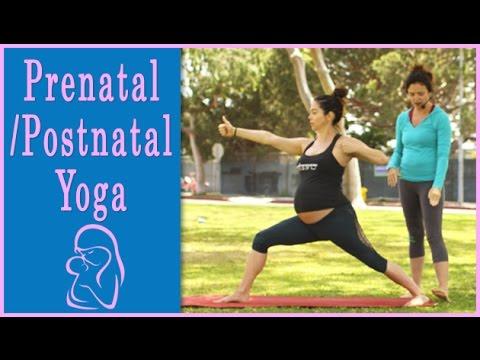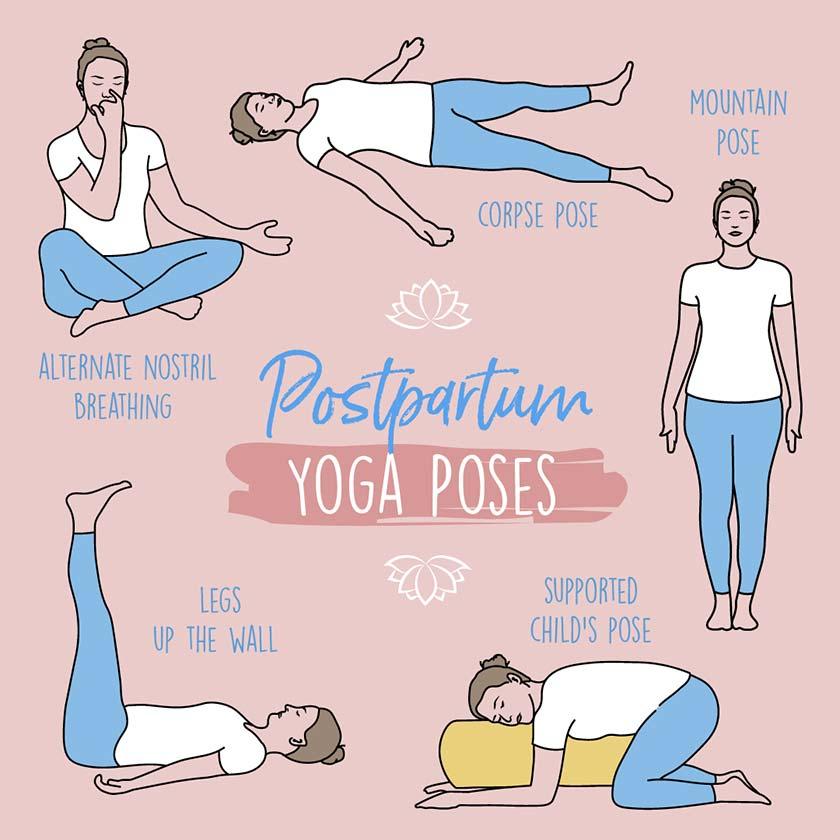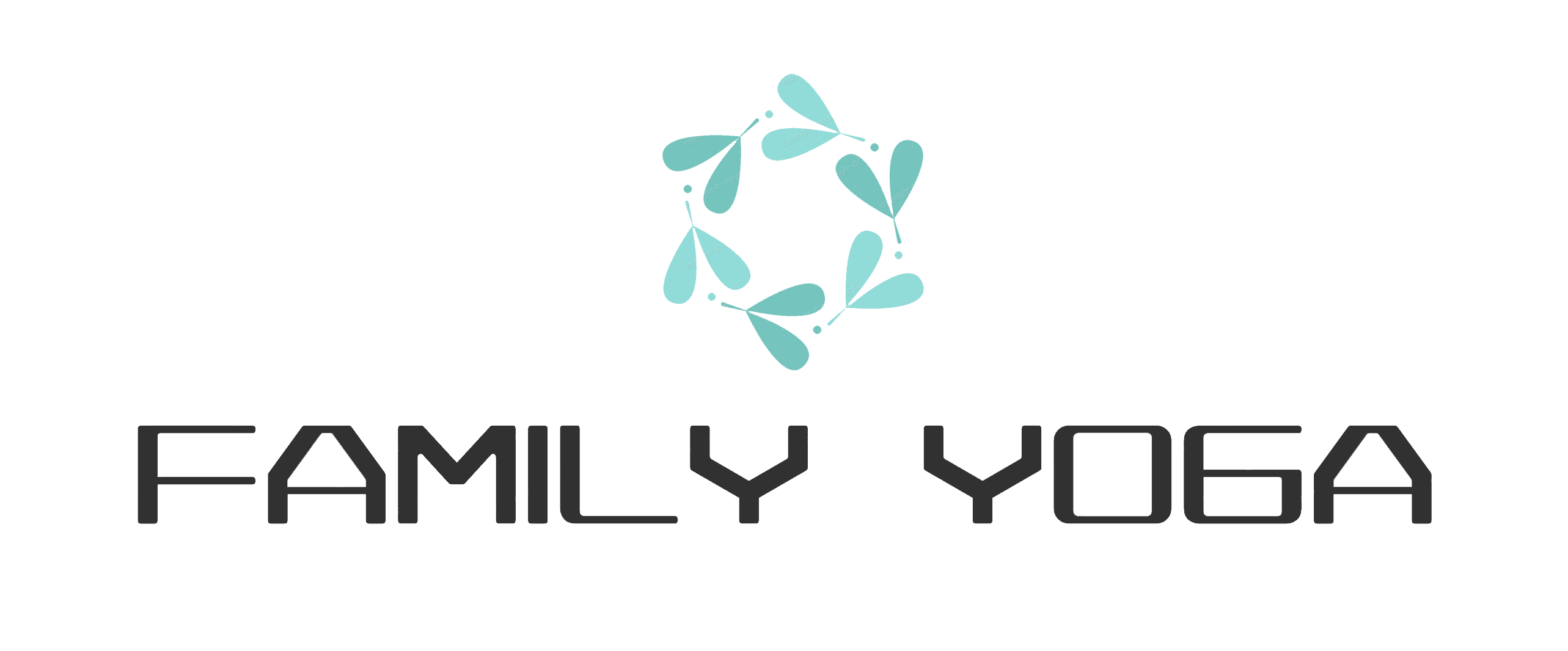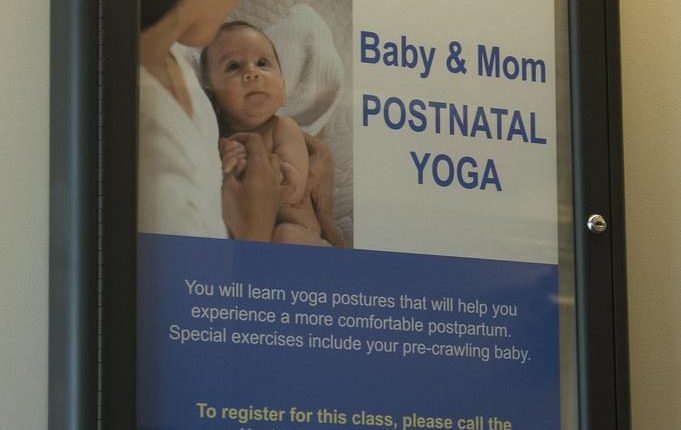In the quiet moments following the arrival of a new life, amidst the whirlwind of emotions and sleepless nights, many new mothers find themselves yearning for a return to physical equilibrium. The journey of pregnancy transforms the body in remarkable ways, yet the path to reclaiming one’s strength and balance is often fraught with challenges. Enter postnatal yoga, a gentle yet powerful practice designed to help mothers reconnect with their bodies, particularly focusing on the restoration of abdominal strength. As the body heals and adapts to its new role, postnatal yoga offers a sanctuary of movement and mindfulness, guiding mothers through the complexities of recovery with grace and patience. This article explores how postnatal yoga can be a transformative tool, empowering women to embrace their postpartum bodies and rebuild their core strength with intention and care.
Understanding Postnatal Yogas Role in Abdominal Recovery
After childbirth, many new mothers face the challenge of rebuilding their abdominal strength, a crucial component for overall well-being. Postnatal yoga offers a gentle yet effective approach to this recovery process. By incorporating specific poses and mindful breathing techniques, postnatal yoga helps in gradually restoring core stability. This practice emphasizes deep abdominal engagement, which is essential for strengthening the pelvic floor muscles and supporting the spine.
- Bridge Pose (Setu Bandhasana): Enhances core strength and stability.
- Cat-Cow Stretch (Marjaryasana-Bitilasana): Promotes flexibility and relieves tension in the lower back.
- Modified Plank: Builds core endurance while being gentle on the abdomen.
- Child’s Pose (Balasana): Provides relaxation and a gentle stretch to the back and hips.
By integrating these poses into a regular routine, new mothers can experience a more balanced recovery. The focus on controlled movements and breath work not only aids physical healing but also nurtures mental resilience, offering a holistic approach to postnatal recovery.
Key Poses for Strengthening the Postpartum Core
- Cat-Cow Stretch: This gentle flow between two poses is excellent for warming up the spine and activating the core muscles. Begin on all fours, aligning your wrists under your shoulders and knees under your hips. Inhale as you arch your back, letting your belly drop towards the mat (Cow Pose), and exhale as you round your spine upwards, drawing your navel towards your spine (Cat Pose). This movement helps in rebuilding the core strength by engaging the abdominal muscles softly and effectively.
- Bridge Pose: This pose not only strengthens the core but also the glutes and lower back. Lie on your back with your knees bent and feet hip-width apart. Press your feet into the mat and lift your hips towards the ceiling, keeping your shoulders grounded. Engage your core as you hold this position for a few breaths, then slowly lower back down. This movement helps in toning the abdominal region while also providing stability and support to the postpartum body.
- Modified Side Plank: A side plank variation can be very beneficial for targeting the oblique muscles. From a seated position, place your right hand on the mat and extend your legs to the side, keeping your left foot in front of the right for balance. Lift your hips and reach your left arm towards the sky. Keep your core engaged to maintain stability. This pose enhances lateral core strength, which is crucial for regaining overall abdominal stability.

Incorporating Mindfulness into Your Postnatal Yoga Routine
Embracing mindfulness during your postnatal yoga practice can be a transformative experience, enhancing both physical recovery and mental well-being. This approach encourages you to be fully present, acknowledging your body’s unique journey after childbirth. By integrating mindfulness, you can cultivate a deeper connection with your core, gently guiding it back to strength and stability.
- Focus on Breath: Start each session with a few minutes of deep breathing. This not only calms the mind but also engages the diaphragm, aiding in the gentle activation of the abdominal muscles.
- Body Awareness: Pay close attention to how each movement feels. This heightened awareness can help you identify and engage the right muscles, preventing strain and promoting healing.
- Intentional Movements: Incorporate slow, deliberate poses that emphasize core engagement. Hold each position mindfully, allowing your breath to guide the intensity and duration.
By weaving mindfulness into your routine, you nurture a holistic recovery process that honors both your physical and emotional needs, paving the way for a more resilient and balanced postpartum journey.

Expert Tips for a Safe and Effective Postnatal Yoga Practice
After welcoming your little one into the world, it’s essential to approach your yoga practice with care and mindfulness. Here are some expert suggestions to ensure your journey back to abdominal strength is both safe and effective:
- Listen to Your Body: Every postnatal journey is unique. Pay attention to your body’s signals and avoid pushing through any discomfort or pain. It’s crucial to honor your current physical state and progress at your own pace.
- Focus on Breathwork: Incorporate deep breathing techniques to engage and strengthen the core muscles. Conscious breathing not only aids in muscle recovery but also helps in reducing stress and enhancing overall well-being.
- Modify as Needed: Don’t hesitate to modify poses to suit your comfort level. Use props like bolsters, blocks, or straps to support your body, ensuring proper alignment and reducing strain on the abdominal area.
- Stay Consistent: Establish a regular practice routine, even if it’s just a few minutes a day. Consistency is key to rebuilding strength and maintaining mental clarity during the postnatal period.

